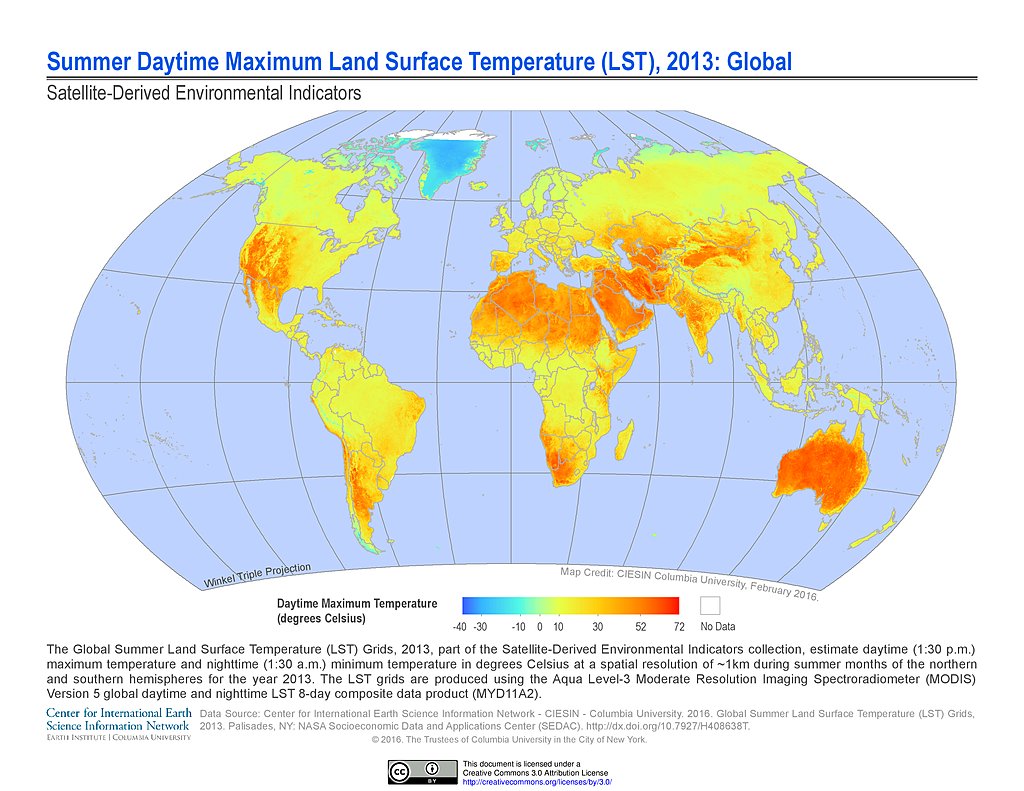My 2013's battery is pushing end of life. It only has 4 bars and keeps truckin' along. I will replace the battery, probably with a 40KW, when it is so far gone I can't get to work and back. We have a Juicebox wall charger for our 2020 SV+. What is the best way to charge to elongate the battery life? The Juicebox wall charger with 240v or the 120v one that came with the leaf? I don't mind using 120v because it really doesn't take that long to charge a 4 bar battery, but if the 240v is the same or better for the battery I'll start using that.
Thanks in advance. This forum has been very helpful for me.
Thanks in advance. This forum has been very helpful for me.





